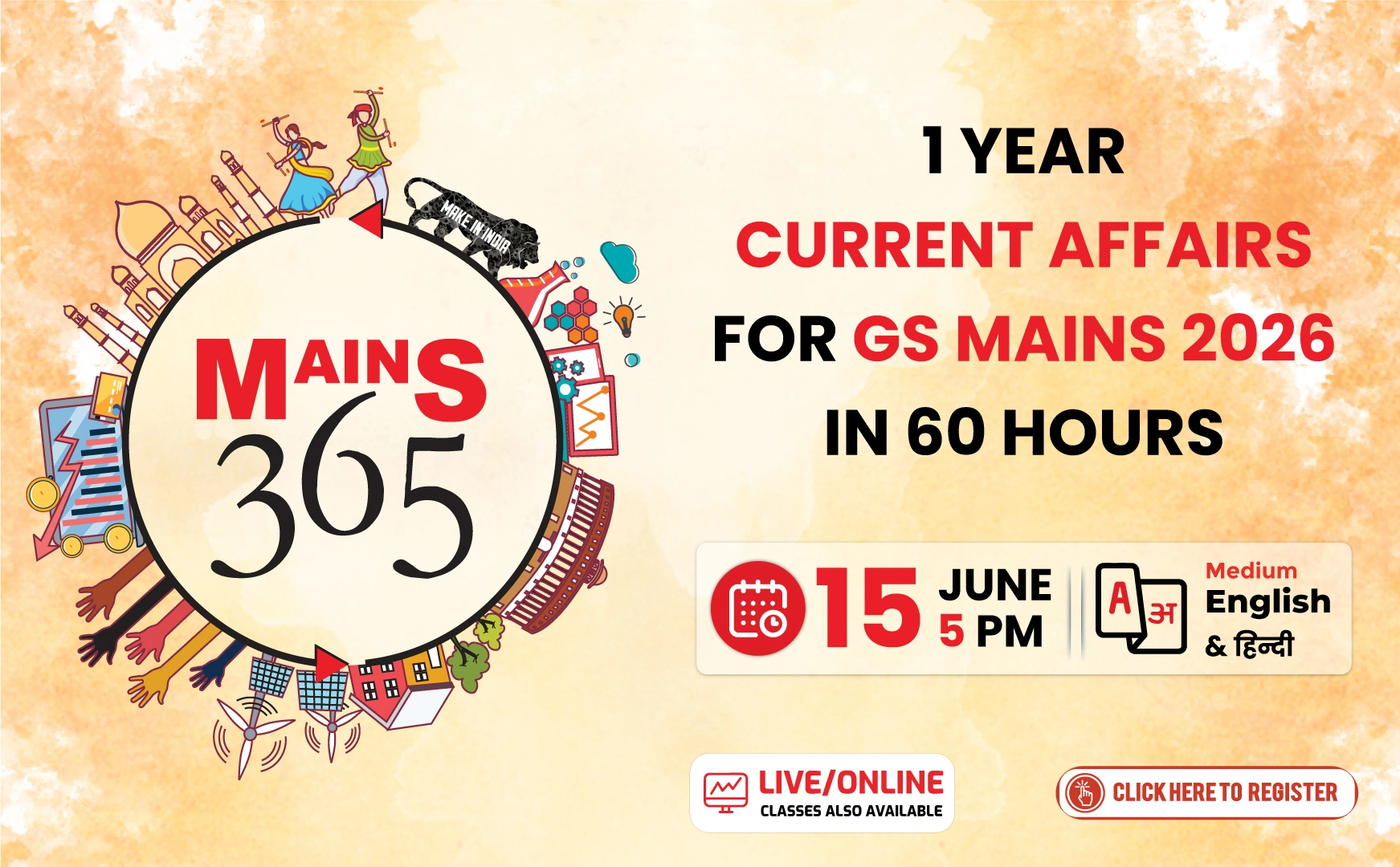Key Findings from PARAKH Rashtriya Sarvekshan 2024
The survey highlights significant challenges in the Indian education system, focusing on the poor foundational literacy and numeracy skills among students.
Statistics and Survey Details
- Class 6 Literacy: 43% of students cannot grasp the main idea in a text.
- Class 9 Numeracy: 63% of students struggle with basic mathematics.
- The survey tested over 21 lakh students from Classes 3, 6, and 9.
- It covered 74,229 schools across 781 districts in all 36 states and Union Territories.
Structural Issues and Influencing Factors
Despite classroom reforms, broader systemic issues impede learning progress:
- Family background and community support.
- School infrastructure and the quality of teachers.
Students from households with educated parents and access to electricity and digital tools perform better, indicating socio-economic influences.
Recommended Reforms and Strategies
- Shift curriculum and assessment away from rote learning.
- Invest in foundational learning and strengthen teacher training.
- Expand school-family linkages to monitor student progress.
- Early identification and support for struggling students.
Leadership and Support Systems
The Unesco Global Education Monitoring Report 2024-25 emphasizes investment in educational leadership through:
- Standardized principal training.
- Gender-sensitive recruitment and induction support.
- Clearly defined roles for educational leaders.
Conclusion: To harness the potential of its students, India must urgently address these educational challenges by aligning educational reforms with broader socio-economic factors.



